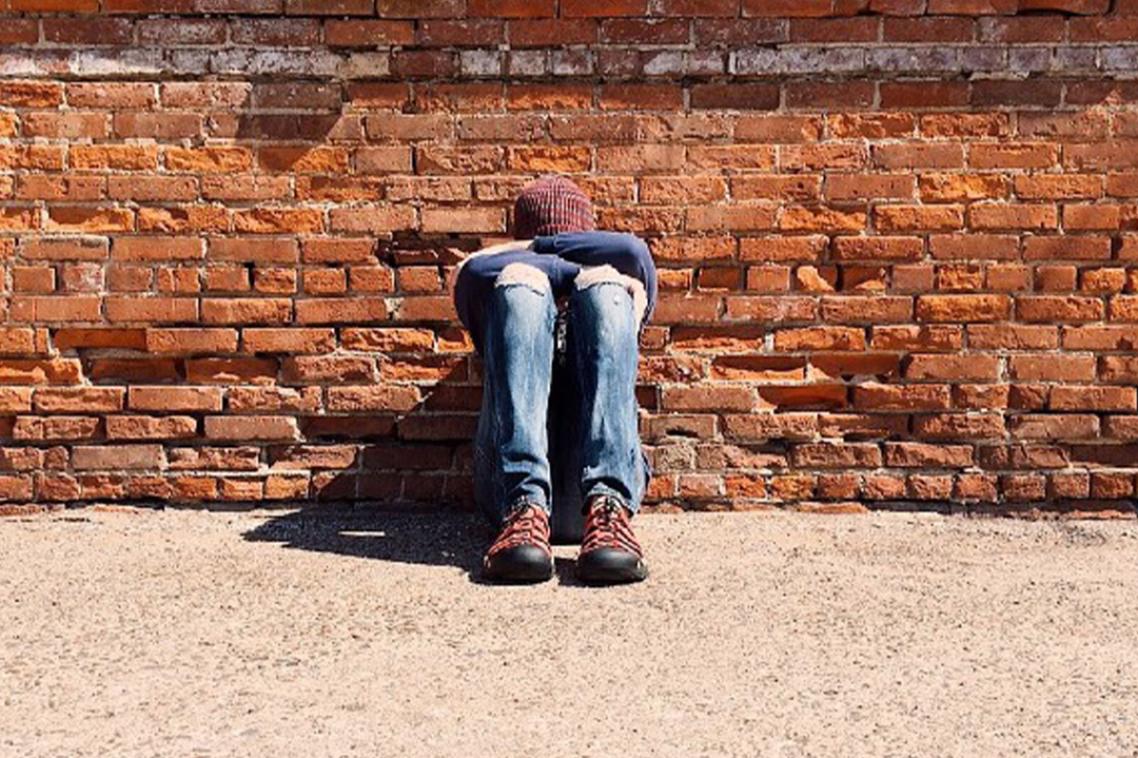Key factors to tackle teenage bullying and suicidal behaviours

(Photo credit: Adobe. )
Screening and early interventions to address loneliness, sleep disturbances and alcohol consumption can help to reduce the association between being bullied at school and suicidal behaviours, a new study has found.
Researchers from The University of Queensland’s Life Course Centre examined the relationship between bullying victimisation and suicidal behaviours in more than 280,000 teenagers aged 13-17 in 90 countries worldwide.
Lead author PhD candidate Md. Mehedi Hasan said children who had been bullied had higher rates of suicidal ideation, planning and attempts.
“Bullying victimisation and associated adolescent suicide behaviours are a major global health issue, with substantial detrimental ‘ripple effects’ on friends, families and communities,” Mr Hasan said.
“We found 32.4 per cent of adolescents had been bullied, while 12.1 per cent reported suicidal ideation, 11.1 per cent suicidal planning, and 10.9 per cent a suicide attempt.
“For the first time, our study sheds light on key factors involved in the relationship between school bullying victimisation, adolescent suicidal ideation, suicidal planning and suicide attempts.”
Teenagers who were bullied were at an increased risk of physical inactivity, soft drink and fast food consumption, absenteeism from school, smoking, alcohol consumption, peer victimisation and conflict, hunger, sleep disturbance, loneliness, lack of peer support and less parental supervision and connectedness.
Co-author Associate Professor Abdullah Mamun said the strongest links between adolescent bullying and suicidal behaviours were loneliness, sleep disturbances and alcohol consumption.
“There was a ‘feedback loop’ between loneliness and bullying victimisation, with students experiencing one of these risks also more likely to experience the other,” Dr Mamun said.
“Sleep disturbances and alcohol consumption can also feed into this cycle.
“To address suicidal behaviours through school-based bullying prevention initiatives, there is a need to screen adolescents for these factors and design policies and programs that promote social engagement, good sleep health and less alcohol consumption.”
Dr Mamun said social connectedness and peer relationships were crucial to adolescent development, health and well-being.
“The findings of this study are particularly timely given the events of COVID-19, where social distancing measures, school closures, and stay-at-home orders may have exacerbated feelings of loneliness in adolescents,” he said.
“The pandemic may have also increased adolescents’ exposure to cyberbullying through more time spent online.
“In light of this, it is important for adolescent bullying prevention and suicide strategies to carefully consider the important role of peer connection in informing and designing targeted interventions.”
The study was a collaboration between UQ’s Institute for Social Science Research, Minnesota State University, the University of Dhaka and the International Centre for Diarrhoeal Disease Research.
The research paper was published in Psychiatry Research.
Related articles

National guidelines to revolutionise concussion treatment
Brisbane woman runs 50km for 50 days to break barriers for para-athletes
Media contact
UQ Communications
communications@uq.edu.au
+61 429 056 139
